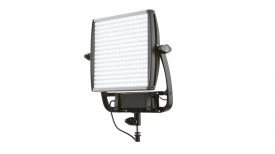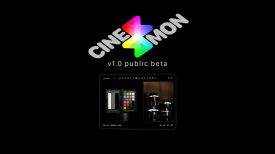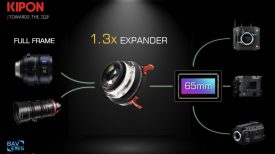By associate editor Elliot Smith:
Canon’s recently announced ME20F-SH camera caused a bit of a stir due to its headline equivalent ISO of 4,000,000. The camera’s full frame sensor is tuned for maximum sensitivity and as a result only has a resolution of 2.2MP. Those pixels are supersized, however, which helps greatly improve its sensitivity to light: essentially, the user is able to record in the dark.
Canon Japan have posted vision from the camera (below), which shows some of the expected applications of the $30,000 body: shooting wildlife at night and underwater photography are two examples. While there are other cameras that perform well in the dark, the key advance with the ME20F-SH is its ability to hold onto colour information in low light. Most other cameras lose almost all colour information in the same conditions.
As the dB of gain through the sensor increases so does the noise evident in the picture – it’s weirdly disappointing at first before taking into account the levels of light in which the material was shot. A regular camera in the same light doesn’t see very much at all.
The body itself has no internal recording and the video signal needs to be fed to an external recorder via HD-SDI. This makes some sense given that the camera is likely to be used in remote locations.
Canon stressed in our interview at IBC that it’s a specialist camera that will only be available to the people who really need it, whether for scientific applications or high-end nature documentaries. The rest of us will have make do with the notion that the technology might filter down to regular cameras in the future.
There is much more info about the camera on the Canon Europe website.





